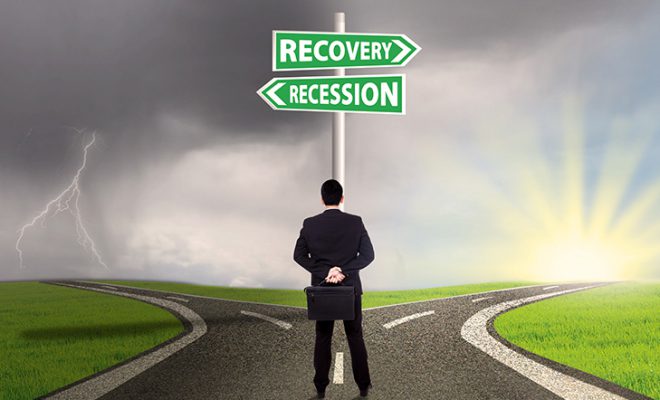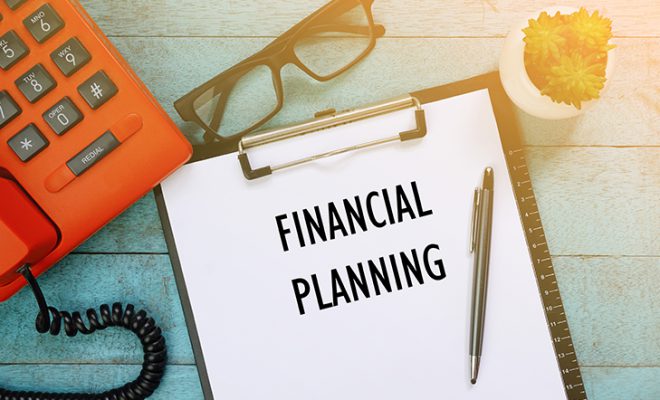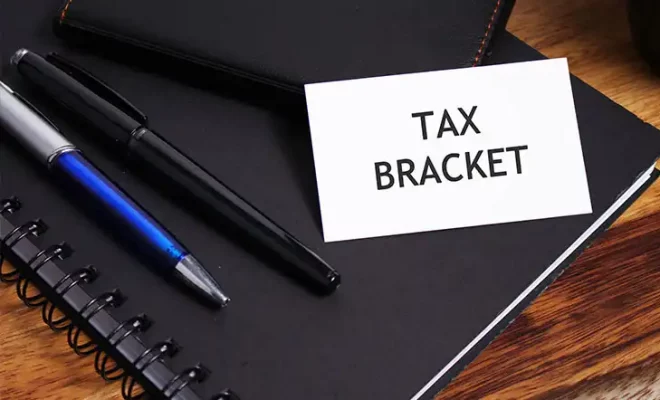Key Strategies for Investing During a Recession

Recession is defined as a prolonged period of decline in economic activity. Typically, if the economy suffers from two consecutive quarters of negative gross domestic product or GDP, it is considered to be in recession. As per businessman and financial commentator, Jim Rogers, recession is an unavoidable part of the market, and hits the economy every 4-5 years. But it is not always as alarming as the Great Recession of 2008, which is why it sometimes goes unnoticed.
If you are worried about investing during a recession, here are some key strategies to note.
Table of Contents
7 Key Investing Strategies during a Recession
1. Buy stocks at cheaper prices
Business magnate, Warren Buffett believes that while the market may go up and down and economies may fluctuate, there is always scope for making intelligent choices. Recession may not be the best time to sell your stocks, but it is a great time to invest in cheap assets. With a dip in cost, it is a good idea to invest in low- cost bonds, mutual funds, and stocks. However, investing in falling stocks is a risky affair. Be prepared to watch your stocks hit rock bottom before they bring in any profit. Even in times of recession, try to keep your portfolio as diverse as possible and don’t invest all your capital in recession- hit assets.
2. Invest in core utility sectors
Medical care, household items, electricity, food, etc. are some sectors that are always high on demand, regardless of people’s purchasing power. In fact, pharmaceuticals enjoy a pre-tax margin, which makes them a safe option to invest, even in a recession. Despite turbulent market fluctuations, core utility industries always remain a profitable spot for investors.
3. Consider counter-cyclical stocks
These are shares of a company that are part of an industry that is inversely affective by the economy. These companies tend to have high stock values in recession and depreciated stocks in booming economic times. Although it is difficult to find countercyclical industries, some examples of sectors that may function in the same manner are education, alcohol, and budget food chains. In the recession of 2008- 2010, there was a spike in alcohol sales. People also switched to eating affordable meals at restaurants like Mc Donald’s. Education saw a boom as well with a remarkable rise in MBA applications, as people felt the need to improve their educational qualifications to get better jobs.
4. Buy Real Estate
Real estate is another great investment option during a recession, as property rates are usually the first to drop in the market. Recession is one of the best times to buy a house as many people tend to sell their properties in panic.
5. Invest in Dividend Stocks
Recession is a good time to invest in dividend stocks. These stocks are instrumental in generating passive income even in times of low economic activity. Try and look for companies that offer low debt to equity ratios. However, you should thoroughly study their balance sheets and take the opinion of a financial advisor before investing.
6. Buy reliable Government Bonds
Government bonds carry little to no risk. They are incredibly reliable, safe, and unaffected by the recession. Investing in the United States Treasury Bond is a good example.
7. Invest in Mutual Funds
Both mutual funds and exchange-traded goods or EFTs, are good investment options to consider during a recession. These investment vehicles offer a diversified portfolio that is designed to withstand market fluctuations. The depressed stock value during recession makes it a good time to buy mutual funds. These funds are also quick to grow when the economy recovers.
4 Things to avoid during a recession
1. Don’t sell off your assets immediately
It can be terrifying to see your investments falling with every dip in the market. Many people panic and start selling their stocks at the very first sign of recession. But you must understand that stock markets function ahead of the economy. If the economy is facing recession right now, the chances are that your stocks would have already decreased in value a few months ago.
2. Don’t follow trends from previous recessions
The economy and stock market are both dynamic. No two recessions are the same. So while you may have seen tech companies recover well after the last recession, it is not guaranteed for them to recover and do well every time. You must always discuss these trends with a financial advisor.
3. Don’t buy precious metals
Prices of precious metals like gold and silver tend to spike during a recession. If we take into consideration, the last four recessions, prices of gold increased 3 times out of 4 and prices of silver increased 2 times out of 4. There is no specific rule to the rise in prices of precious metals, but going by the trends, it is not a good idea to buy them in recession. On the other hand, if you are looking to make a profit, selling gold and silver during recession is an excellent way to increase your earnings.
4. Don’t increase your debt
The last few recessions saw an increase in the number of college applicants. People fear to lose their jobs and believe education is the way out. But you must understand that education comes with student loan debt and recession is not the best time to increase your debt score. Instead, look for free or affordable online courses or short term programs that can add value to your qualifications.
To sum it up
While it’s true that most investments drop in recession, but they also flourish when the stock market recovers. Many financial experts believe that recession is not a bad thing. In fact, it is an essential factor, without which there can be no growth. The only way to beat recession is by strategizing your financial goals and making the right choices at the right time.
Economists fear the next recession will hit America before the 2020 elections. Are you prepared for it? Reach out to financial advisors for help and get advice on how to strategize your investments before the next recession.


















